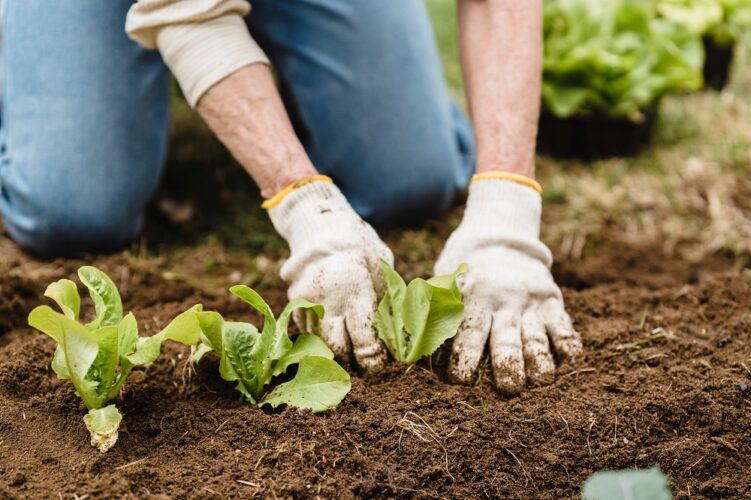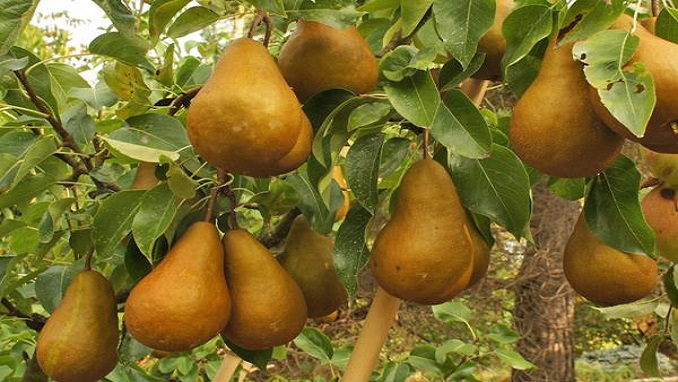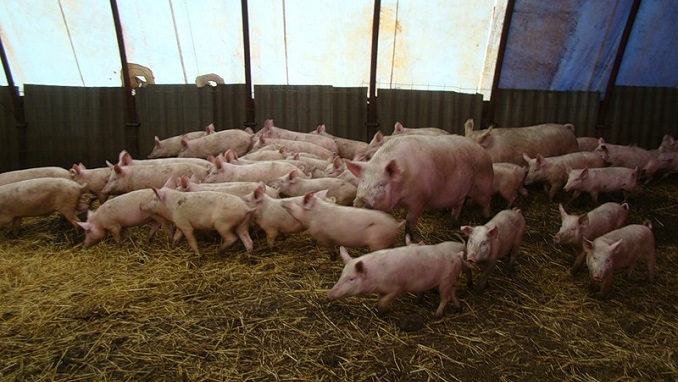To guarantee that fertilizer supply is accessible to farmers in the 27-member union and are within their means, the European Commission has announced a number of initiatives.
Officials from the Commission attributed the record-high fertilizer costs to supply chain interruptions brought on by both the Covid-19 outbreak and the continent’s prolonged energy crisis. It forecasts that since September 2021, fertilizer prices have increased by 149% annually.
Europe generated 18.3 million tons of nutritional fertilizer in 2021, and it used 17 million tons of it, according to the trade group Fertilizers Europe. The EU fertilizes 134 million hectares of agricultural land in total.
Although the EU produces a substantial amount of fertilizer on a worldwide scale, the commission cautioned that fertilizer production is dependent on imports of natural gas, phosphates, and potash.
The committee discovered that in the summer of 2022, natural gas accounted for 90% of the variable cost of producing ammonia, a crucial ingredient in fertilizer manufacture.
The sector had stopped producing 70% of its ammonia by August when natural gas prices reached their highest point in the EU. The EU proposed to remove duties on imports of urea and ammonia, two additional ingredients in fertilizers, in an effort to lessen these effects.
In the EU, the fertilizer supply is now operating at 50% of its potential. Commission representatives issued a warning, however, that exports had decreased and fertilizer costs were still increasing, forcing olive producers and others to face challenging choices.
Long-term measures taken by the union include lowering its reliance on fossil fuel-based fertilizers and cutting its imports of Russian natural gas.
The commission has, however, outlined a number of local and international steps to help farmers in the near future.
“In the short term, we have outlined actions to ensure the immediate availability and affordability of fertilizers,” Janusz Wojciechowski, Europe’s agriculture commissioner, wrote in a Tweet.
Additionally, the commission modified its interim crisis framework to include provisions for producers of fertilizer and help for farmers.
The commission would also quickly release €450 million from its agricultural reserve to help farmers offset the high input prices they are incurring.



